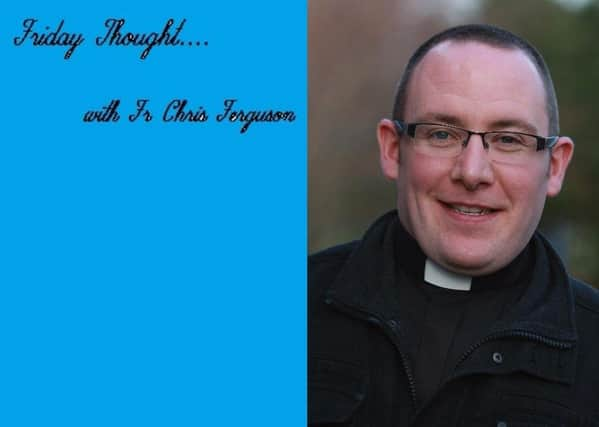Ashes to ashes


For many people it begins the annual soul search, of what will I go off this year? At the other end of the operation, you have eejits like me, worrying about such important matters, will there be enough ashes, will the ashes be too thick or too runny, what will I add to the mix this year? The one constancy every year, is the deliberate effort on my part, to destroy with ashes the forehead of every Man United supporter I know. I may have overdone matters this year, as several teachers with their discoloured foreheads, looked like they had run into a door, at high speed. Briefly I did feel guilty and genuinely sorry, but thankfully this emotion passed by in seconds. Before morning Mass, I had been in the sacristy mixing the ashes, and I honestly felt like someone on a building site. I was concerned about getting the mix right.
This year, instead of water I decided to use olive oil, preferring a two to one mix of oil to ash.
Advertisement
Hide AdAdvertisement
Hide AdI may have overdone it with the oil; by the time I finished mixing, it was more a four to one ratio with the ashes. I have the slightest touch of OCD, this means I like big bold, symmetrical crosses painted on the forehead. Unfortunately, getting the mix wrong resulted in runny ashes, and I was really annoyed. I wasn’t upset with the ashes running down people’s faces, or into their eyes and down their noses; I was more upset at the shocking look of the crosses. Some of the crosses looked a real mess, but I warned the wearers not to touch their ashes as it will bring them seven years bad luck.
When I ventured into sheltered accommodation later that morning, the elderly residents didn’t fare must better. If anything, the locals suffered worse, as the oil and ashes didn’t bind as successfully as I had hoped. By the time our Service of Ashes had finished, mops and buckets had to be brought into the common room. The poor residents looked as if they had been victims of my three-year-old niece, let loose with makeup, or eyeliner.
The readings from Ash Wednesday highlight the pillars of Christian practice, prayer, fasting and almsgiving. The great irony is Jesus’ warning us not to parade our actions or good deeds, and the first gesture we make during Lent, is to mark our foreheads with a cross of ashes. Unfortunately, some people are more concerned about receiving ashes as an outward show or for superstitious reasons, instead of joining in the Christian celebration around the one altar. On this First Sunday of Lent, Matthew presents in one scene, all the temptations which Jesus encountered in his public ministry.
As followers of Jesus we will encounter the same temptations throughout our lives. In this modern context, what does it mean to be a disciple of Jesus; how are we called to participate in realising the Reign of God? What are the temptations we face, which prevent us from building up the body of Christ? Throughout all ages the biggest temptation is to love ourselves more than God. Falling prey to the idolatry of worshipping money, power and popularity.
Advertisement
Hide AdAdvertisement
Hide AdThe ashes we wear on our foreheads only make sense, because they point towards a deeper reality. The sign of the cross signifies our faith in God’s saving love.
God’s selfless love. In the Jewish scriptures the wearing of ashes recalls those moments, when God’s people have been called back to their senses, so they could live out their covenantal relationship with God. During Lent, we, in a similar manner are asked to recall our baptismal promises. Can we enter into the selfless love of God, by reflecting on the barriers and temptations, which prevent us from loving God and our neighbour, as our self? Without the Spirit or the breath of God in our lives, we return to the dust of the earth, ‘remember thou are dust and onto dust thy shall return.’ To choose life, is to embrace the eternity of God’s love, being open to the God who offers us true life and wishes to save us. To be a disciple means allowing God to be God, when in childlike trust, together, we admit our weaknesses, by bowing down before the God who saves.